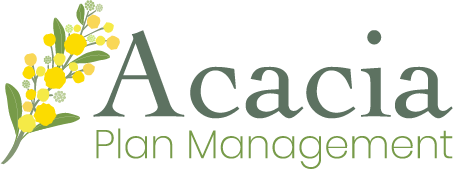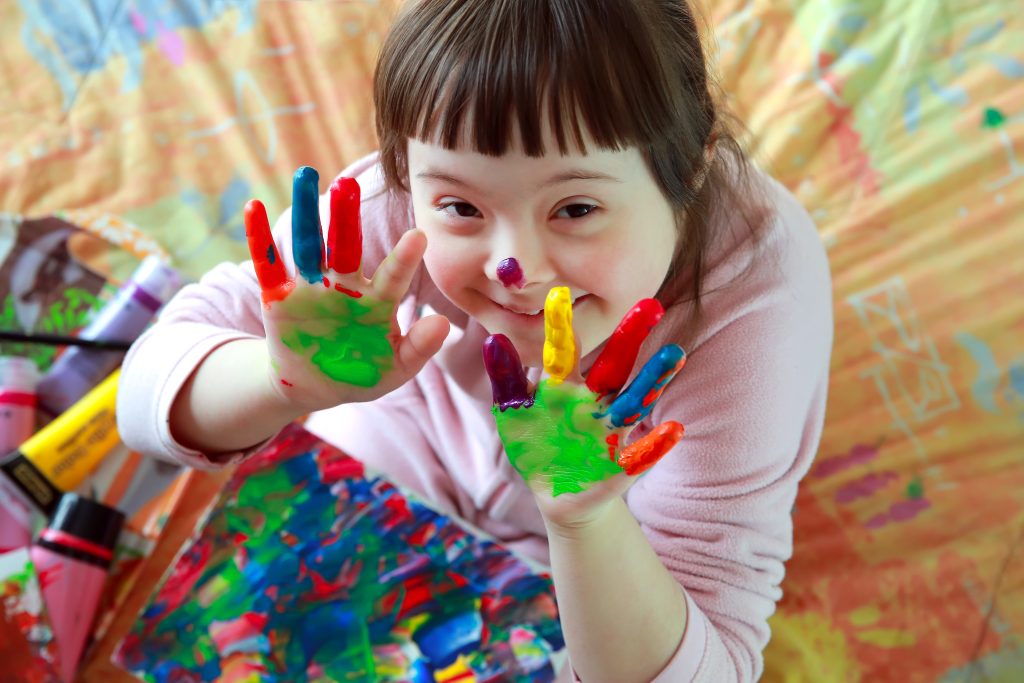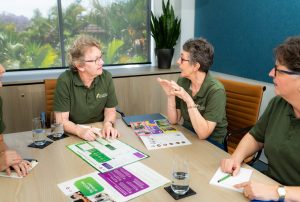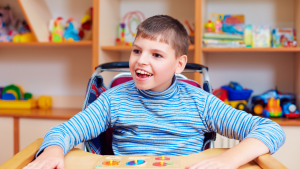The NDIS early childhood approach currently supports children under the age of 7 and their families. However from 1 July 2023, there will be progressive changes to increase the age range to include children under the age of 9. The transition will roll out over the following 2 years.
The expansion of the age range secures continued support for children and their families from their early childhood partner through the first few year of primary school.
The specific details of the transition are as follows. From 1 July 2023:
- Children who are already NDIS participants and turn 7 after 1 July 2023 will remain with their early childhood partner until they turn 9 if they require support up to this age.
- Children who are currently NDIS participants and will turn 7 before 1 July 2023 will follow the existing process of transitioning to a local area coordinator (LAC).
- Children under the age of 9 with a permanent disability who are new to the NDIS will be supported by an early childhood partner.
Important items to note
The inclusion of children under the age of 9 in the early childhood approach aligns with the recommendations of the ECEI/ECA update in July 2022. This change also corresponds to the World Health Organisation’s definition of young children, which encompasses children from 0 to 8 years.
When a child turns 9 years old, they will be supported by a LAC.
Importantly, children under 6 year of age will continue to receive support from an early childhood partner if they have permanent disability, developmental delay or developmental concerns. A diagnosis is not required to receive support from an early childhood partner. The eligibility requirements and definition of developmental delay under the early intervention requirements remain unchanged. At this stage, the NDIS has not changed the diagnosis requirements for children from ages 6 to under 9.
As always, if you have concerns about your child’s development or disability, it is recommended you contact your doctor or other healthcare professional for appropriate advice.
Image: denys_kuvaiev – stock.adobe.com





